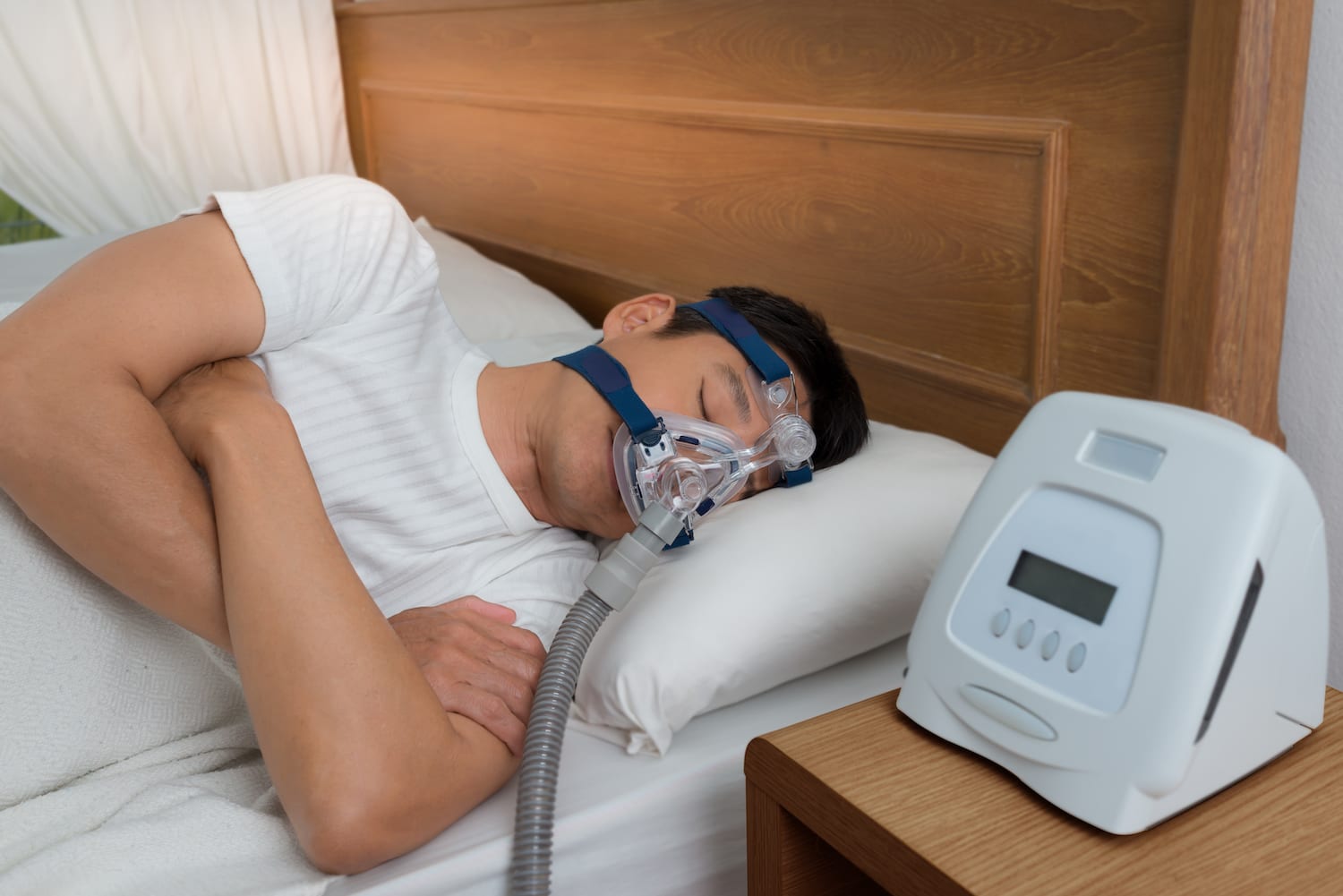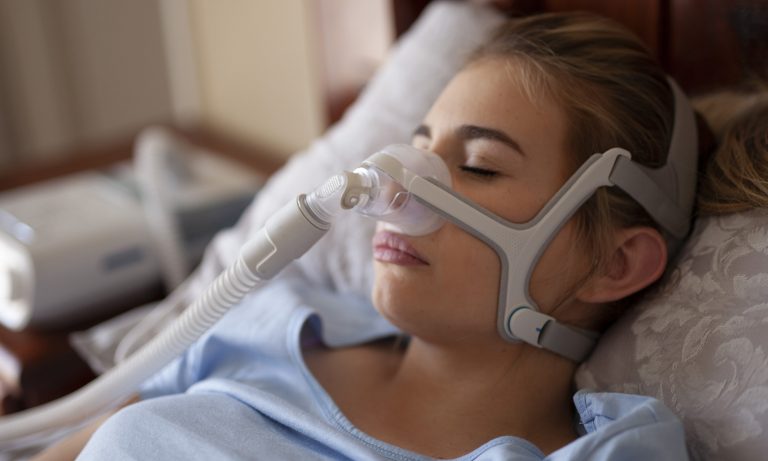The University of Michigan’s School of Public Health is but one of many institutions focused on the important role sleep plays in human health. Best described as an altered state of consciousness, sleep triggers a few activities that are vital to survival—among them, its ability to heal the body, impact metabolism function, play a role in fighting disease and help to keep the immune system in good working order.
“Sleep is truly interdisciplinary because it touches every aspect of health,” concludes Erica Jansen, Research Assistant Professor of Nutritional Sciences at the U. of M.
What happens when a person is deprived of critically needed sleep? According to the nonprofit American Sleep Association, all manner of physiological and mental problems can develop, potentially doing irreparable long-term damage to the brain if sleep deprivation isn’t addressed immediately. One of the most common diagnoses these days is sleep apnea, a condition that can lead to long-term health issues and, potentially, survival. Learn more by perusing the following information.
- Medical professionals at John-Hopkins Medicines warn that this condition, if left untreated, could trigger type 2 diabetes, strokes, and heart attacks, leading to a shortened lifespan if not addressed in a timely manner. Often caused by obesity, sleep apnea can be treated by losing weight, at which point fat accumulated in the neck, tongue and upper belly areas are diminished, easing demand on the lungs that contribute to airway collapse.
- One of the most telltale signs of this sleep disorder is snoring. This nocturnal activity alone is a reason to consider being diagnosed at a sleep laboratory offering treatments that monitor subjects throughout the night to determine causation. Patients learn about the types of apnea that undermine altered sleep patterns—obstructive, central or complex/ treatment-emergent types—to receive a diagnosis that pinpoints the specific reason(s) sleep is interrupted.
- Considered among the very first signs of trouble that can lead to further implications down the road are daytime fatigue, severe drowsiness, and irritability. While not life-threatening, these telltale symptoms, when shared with sleep specialists, can help speed up a proper diagnosis before a sufferer falls asleep at a critical time, like while driving a car or nodding off at work while using equipment that has the potential to injure.
- Another sign that perpetual sleepiness could be a serious problem is skyrocketing blood pressure readings that result from a strain being put on the nervous system initiated by dramatic drops in blood oxygen levels that occur when the body is struggling to breathe. Liver issues can also arise as the body tries to cope with this condition, and in some instances, medications can exacerbate an existing case of apnea. As you can see, the body is a well-connected system that can morph initial unhealthy sleeping patterns into a life-or-death issue.

- For more than a decade, professionals at UCLA’s School of Medicine have been looking beyond physical repercussions from undiagnosed sleep disorders, turning their attention to brain function. Distressing outcomes have proven to be groundbreaking. According to research, sleep disorders left untreated have the potential to trigger or contribute to “a breakdown of the blood-brain barrier that protects brain tissue by limiting harmful bacteria, infections and chemicals from reaching the brain.” Once breached, individuals could face diagnosis of epilepsy, meningitis, multiple sclerosis, and Alzheimer’s disease, in addition to memory impairment.
From the moment you detect any of the symptoms associated with this sleep disorder, know that there are not only plenty of medical remedies on today’s market that can be tried, but huge amounts of research are being conducted every day to find additional therapies, treatments, and diagnostic tools at hospitals, medical research facilities and institutions of higher learning around the globe.
If you find yourself developing any of the long-term health issues discussed in this post, your first order of business should be checking your medical insurance coverage. It likely covers services needed to diagnose and treat your condition and may cover equipment designed to monitor your condition, so don’t hesitate to seek help. Your life could depend upon it.


 How to Choose the Right Testosterone Replacement Clinic in Los Angeles
How to Choose the Right Testosterone Replacement Clinic in Los Angeles  Semaglutide Pill: Your Complete Guide to Dosing, Administration, and Safety
Semaglutide Pill: Your Complete Guide to Dosing, Administration, and Safety  Understanding Polio: Causes, Symptoms, and treatment
Understanding Polio: Causes, Symptoms, and treatment  How is Awake Liposuction Different from Other Liposuction?
How is Awake Liposuction Different from Other Liposuction?  What To Look For In A Quality Neuropathy Doctor?
What To Look For In A Quality Neuropathy Doctor?  Loose Lab Created Diamonds: The Future of Sustainable Jewelry
Loose Lab Created Diamonds: The Future of Sustainable Jewelry  IGI vs GIA: Understanding the Differences in Diamond Grading
IGI vs GIA: Understanding the Differences in Diamond Grading